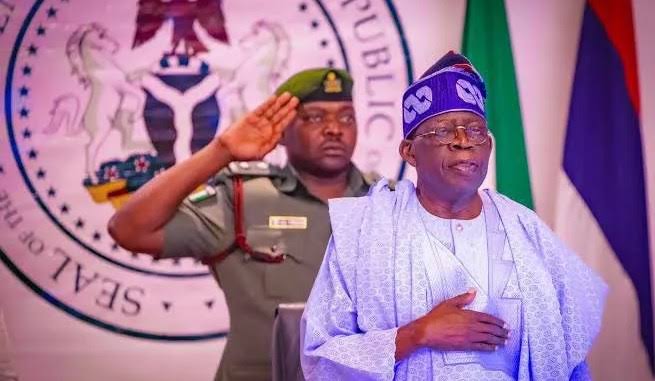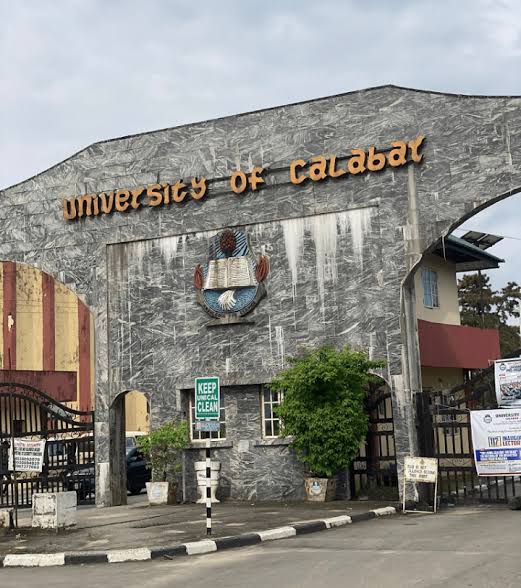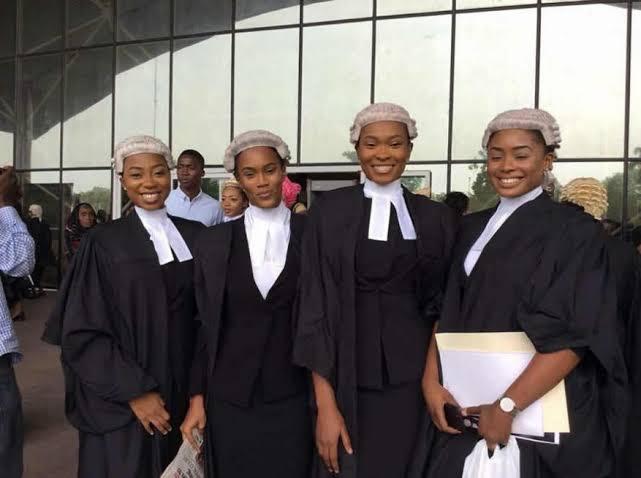Nigeria to return to old National Anthem… everything you need to know

The House of Representatives has passed a bill aiming to reinstate Nigeria’s old National Anthem, “Nigeria, We Hail Thee,” sponsored by Hon. Julius Ihonvbere.
The bill swiftly progressed through readings and committee approval, titled “Bill For An Act to Provide for the National Anthem of Nigeria, and for Matters Related Thereto.” It mandates the use of the old anthem at various official events and emphasizes respect for national symbols.
Hon. Ihonvbere emphasized the old anthem’s sense of commitment and national unity, arguing for its adoption amidst contemporary challenges.
Read also:
- Nigeria, Egypt, & Algeria… top 10 African countries with the most internet users
- Tinubu launches Consumer Credit Scheme… here’s all you need to know about the scheme
- Tinubu’s certificate saga: What you should know about Chicago State University
- Charles Johnson: Meet Nigerian-trained general appointed Liberia’s top security chief
However, Minority Leader Kingsley Chinda questioned the bill’s relevance amid pressing national issues, urging its withdrawal. Similarly, Hon. Ahmed Satomi called for its postponement, arguing for a focus on solutions to current challenges rather than anthem changes.
10 things to know about the proposed changes to Nigeria’s National Anthem:
Legislation Details: The bill, sponsored by House Leader Hon. Julius Ihonvbere, seeks to replace the current national anthem with the old one, titled “Nigeria, We Hail Thee.”
Purpose: The aim is to evoke a sense of commitment, dedication, and a desire to move Nigeria forward by returning to the old anthem.
National Symbol: The national anthem will be recognized as a symbol of authority, and all individuals and entities are expected to respect and preserve its dignity.
Occasions for Performance: The anthem will be performed at various official events, including government meetings, constitutional oath-swearing ceremonies, major celebrations, award ceremonies, national memorial ceremonies, major sporting events, and more.
Performance Protocol: Guidelines for performing the anthem include standing respectfully, facing the flag during flag-raising ceremonies, and giving appropriate salutes by uniformed personnel.
Standardization and Education: The Ministry responsible for information will oversee the standardization of anthem performance and recording, with the lyrics becoming part of civic education in primary and secondary schools.
National Prayer: The second stanza of the old national anthem will serve as the national prayer.
Opposition: Some members of the House, including Minority Leader Kingsley Chinda and Hon. Ahmed Satomi, argues that the bill is not necessary and does not address pressing issues like hunger, banditry, and security.
Call for Focus on Development: Opponents suggest that the House should prioritize bills that address fundamental issues and bring tangible development to Nigeria, rather than focusing on symbolic changes.
Importance of Public Perception: The debate reflects differing views on the role of symbolism in national identity and development, with some emphasizing the need for practical solutions over symbolic gestures.




